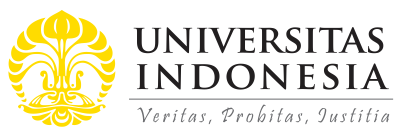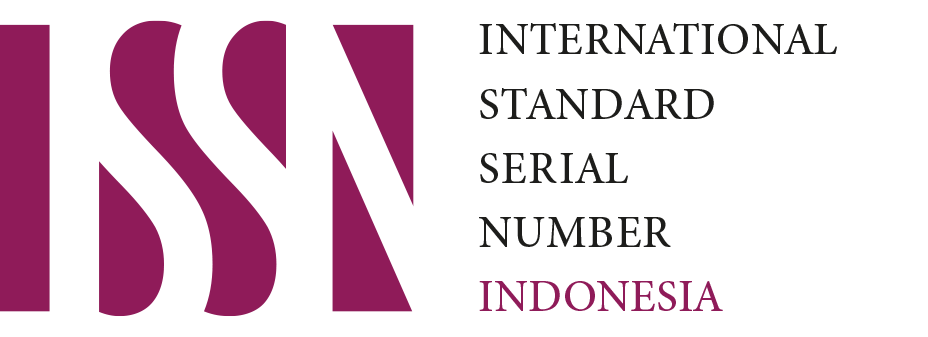Abstract
This paper examines market efficiency of foreign exchange markets in South East Asia (Indonesia, Thailand, Malaysia, Singapore, and Philippines) after the global crisis period 2008. The time span covered by the samples are from 2009 to 2014, with the total number of observations for spot and forward exchange rate data amounting to 1565 data points. This study uses three different approaches to examine efficiency within countries and across countries. The result of this study shows that foreign exchange markets in the ASEAN-5 countries are efficient within countries, but have not been efficient across countries, especially when the country has a bivariate relationship with Thailand's foreign exchange market. The main implication of this study is that investors in the ASEAN-5 market cannot obtain abnormal returns using technical analysis on within countries foreign exchange market. In addition, there is no significant differences for participants in the foreign exchange market whether they are using hedging or not hedging.
Recommended Citation
Putra, Aditya Andika; Lindawati, Hanny; and Sari, Sarah Fitri
(2016)
"Are The ASEAN-5 Foreign Exchange Market Efficient? Evidence From Indonesia, Thailand, Malaysia, Singapore, and Philippines: Post-Global Economic Crisis 2008,"
Indonesian Capital Market Review: Vol. 8:
No.
2, Article 3.
DOI: 10.21002/icmr.v8i2.5680
Available at:
https://scholarhub.ui.ac.id/icmr/vol8/iss2/3












